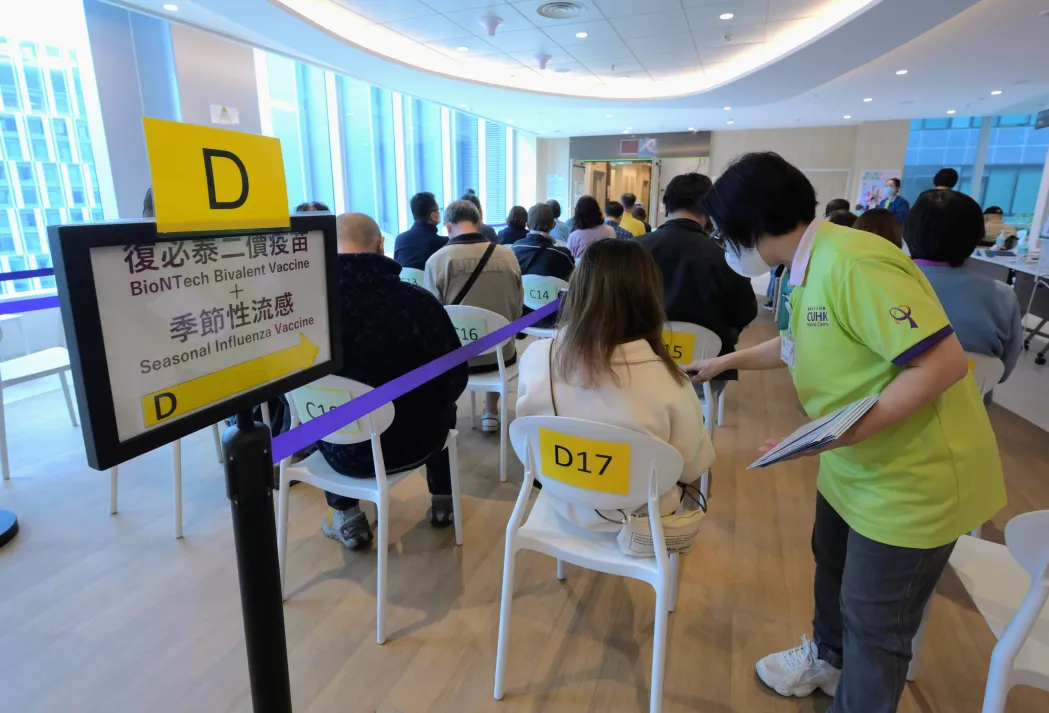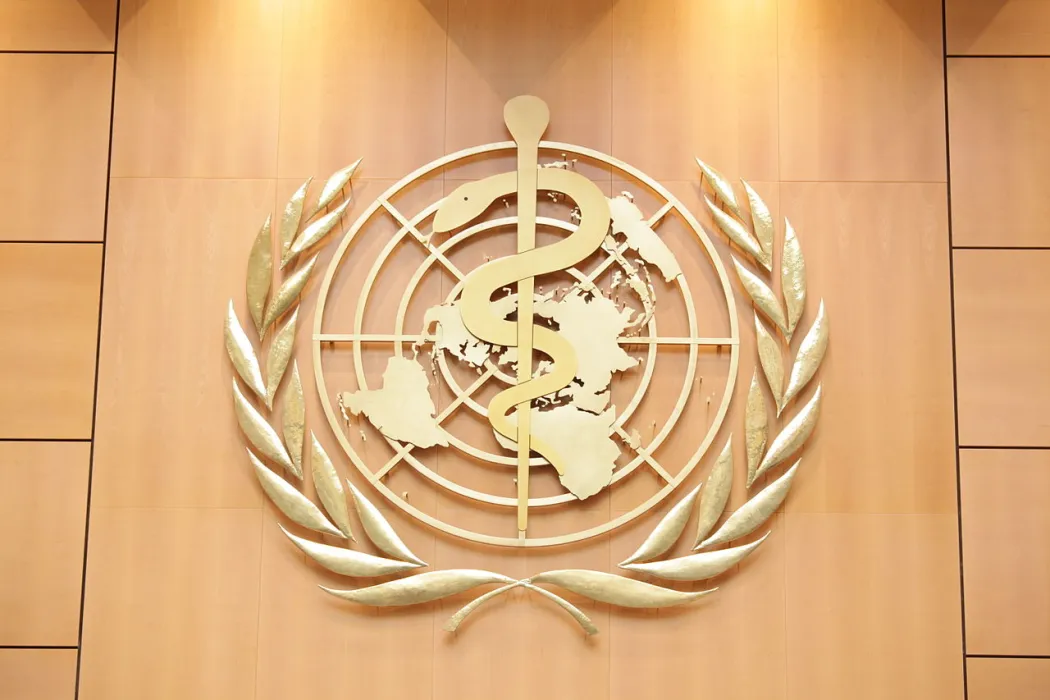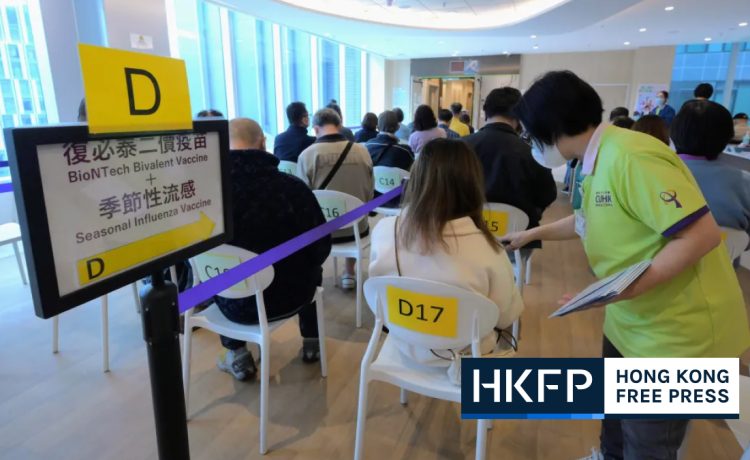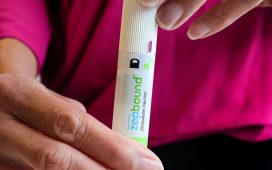High-risk groups – including the elderly and people with chronic illnesses – should get a Covid-19 booster jab this year six months after their last vaccine or infection, experts advising the government have said.
Other high-risk groups include pregnant women, immunocompromised children aged six months or above, and healthcare workers, according to the latest vaccine recommendations issued on Wednesday.

As for healthy children aged over six months, they should receive a total of three doses of a Covid-19 vaccine if they have not yet been infected, according to the Centre for Health Protection’s scientific committees.
The government was also advised to adjust the vaccination arrangements for children, recommending that they receive an additional dose at least five months after their last vaccine.
For children with chronic illnesses and healthy adults, the scientific committees said “an additional booster this year may be considered based on personal choice.”
WHO vaccination guidance
The latest vaccination recommendations came a day after the World Health Organization (WHO) updated its Covid-19 vaccination guidance.
Under WHO’s new recommendations, high priority groups – including those with immunocompromising conditions and pregnant women, frontline health workers, and older people – should get a booster jab “either six or 12 months” after their last dose.
People in the medium priority group, such as healthy adults, should receive three doses of a Covid vaccine, the WHO said.
“Although additional boosters are safe for this group, [the Strategic Advisory Group of Experts on Immunization] does not routinely recommend them, given the comparatively low public health returns,” the WHO statement read.

According to the WHO, healthy children and adolescents aged between six months and 17 years belong to the low priority group.
Contrary to the Hong Kong administration’s latest guidelines, the WHO urges governments to consider “vaccination of this age group to base their decisions on contextual factors, such as the disease burden, cost effectiveness, and other health or programmatic priorities and opportunity costs.”
Government medical advisor Lau Yu-lung said on Wednesday that there was a difference between the guidelines issued by Hong Kong and the WHO as the WHO had to issue recommendations that would be applicable to countries with limited resources.
“The WHO has to consider over 190 member states, and the guidelines have to be applicable to all of them,” Lau said.
“For example, if you have100 dollars, of course you have to make the best use of that 100 dollars, to give it to high-risk groups, the elderly, sick people,” the government advisor said.
”But Hong Kong might have 500 dollars, such that even though some people are not high risk, giving it to them would still be beneficial,” Lau said.

While Hong Kong did not implement a vaccine mandate after the Covid-19 pandemic broke out in 2020, a Vaccine Pass scheme was later launched, meaning that only those who met vaccination requirements could enter premises such as restaurants and government buildings.
At one point, the government also required all travellers coming into the city to be vaccinated, including Hong Kong residents.
The Vaccine Pass was dropped last December, while the vaccination requirement for incoming travellers was scrapped in February.
To date, 6.9 million people in Hong Kong have received at least one dose of Covid-19 vaccine, with the city administering a total of 20,739,919 jabs.
Support HKFP | Code of Ethics | Error/typo? | Contact Us | Newsletter | Transparency & Annual Report







